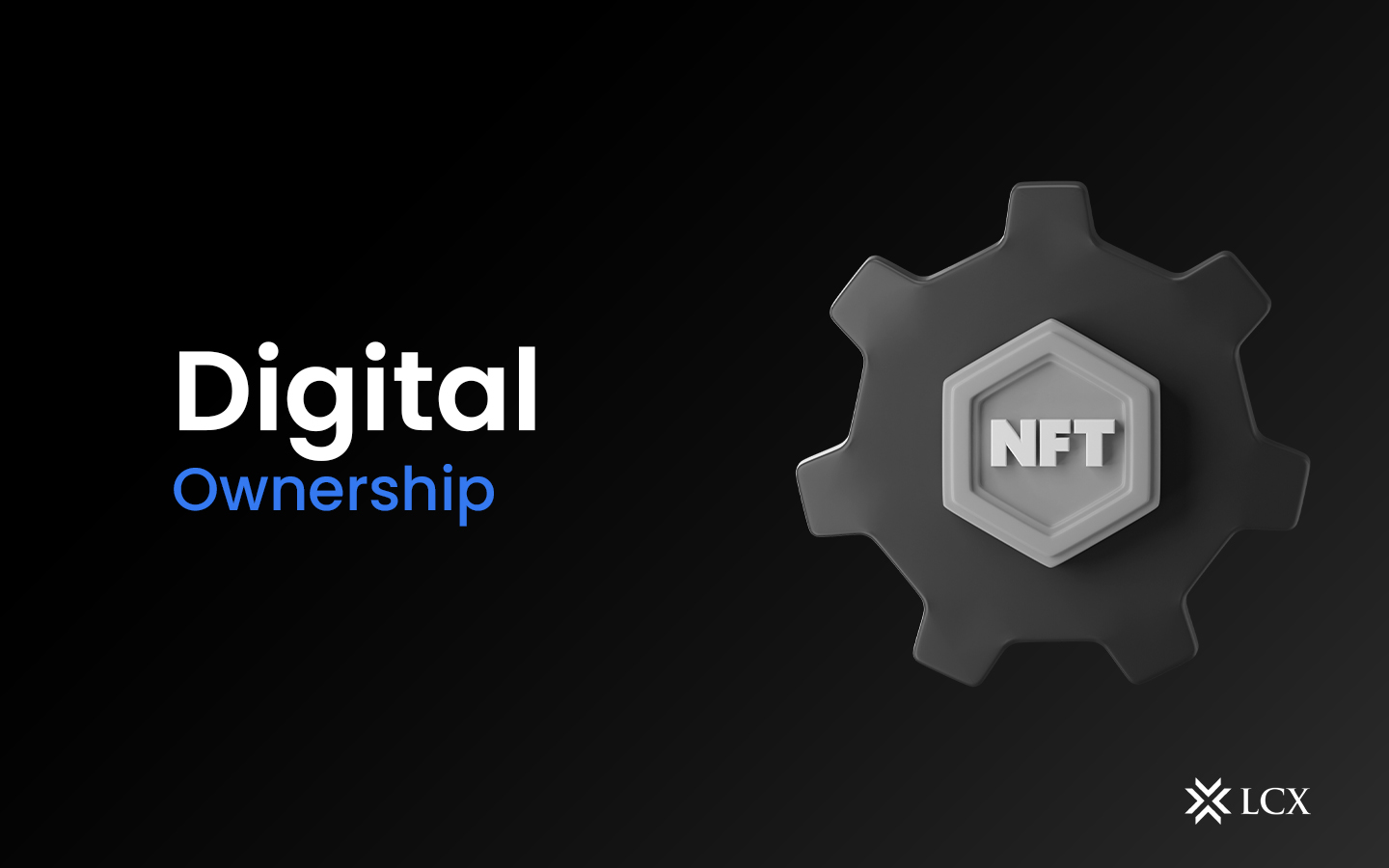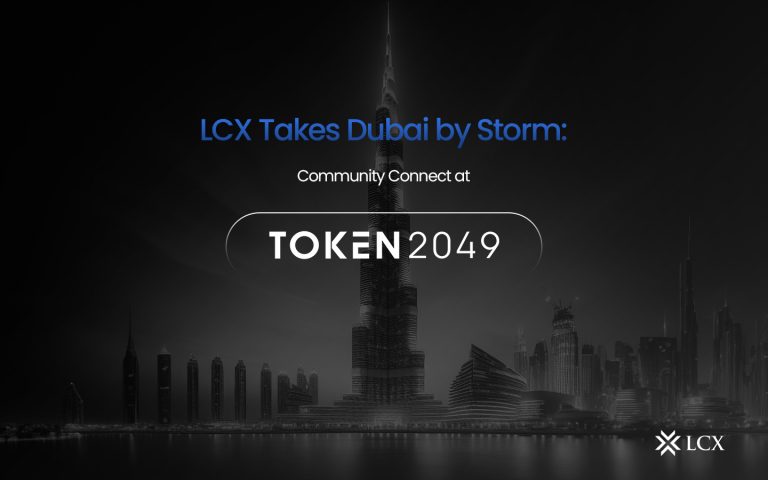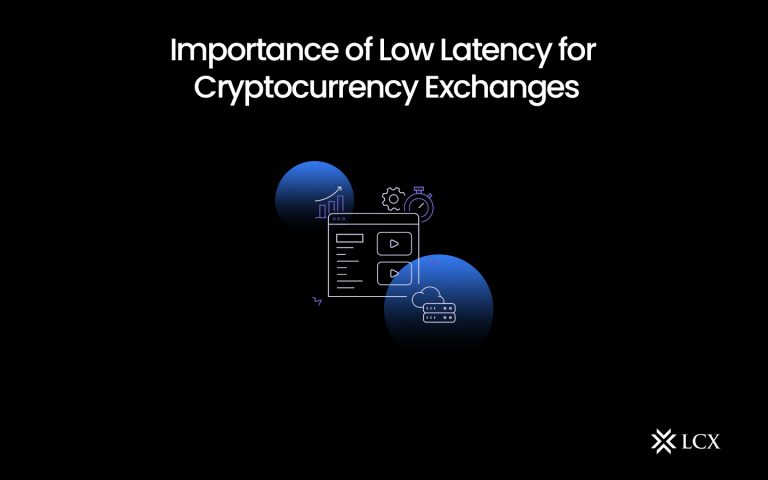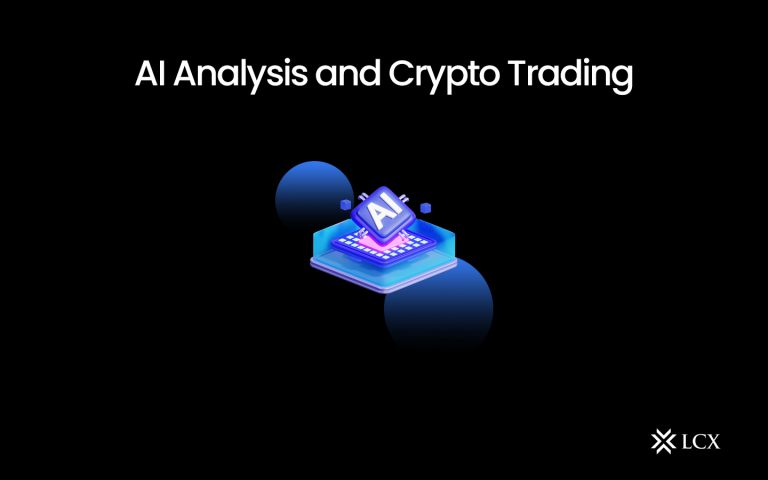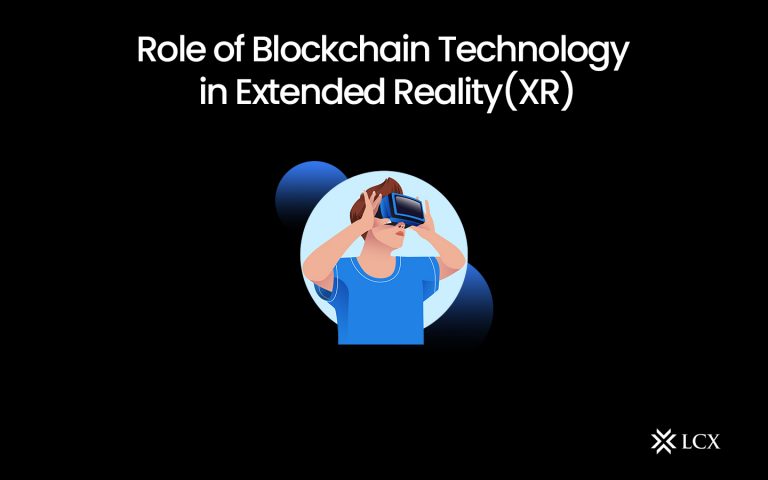There are several things that we own in real life. Be it our houses, cars, clothes, etc. But, when posed with a simple question of what you hold on the internet today, we might come into a chicken and egg situation. We often talk about our business websites and our email IDs secured by passwords that we keep. However, do we own those assets on the internet or the pictures we post on social media?
The question of ‘ownership’ remains a mystery to the masses, and even though it may seem simple, it is pretty tricky. Because on the current version of the internet, nobody owns anything!
What Is Digital Ownership, And Why Don’t We Have Any?
Since the late 1990s, the decade that gave rise to desktop computers and dial-in connections, the internet has predominantly served the purpose of content delivery through simple static websites to display information. It was also known as Web1, which was siloed, slow, and disorganized.
Then came the wireless connectivity that gave rise to Facebook and Google and the invention of handheld devices like laptops, smartphones, and much more. This provided the liberty to generate, edit, and exchange content.
In the interest of tech giants like Instagram, Facebook, Google, etc., netizens are now generating content online where they are both the creator and the creation. What is commonly known as Web2 works with centralized platforms, putting a top-down structure where content creators are both participants and products.
On the internet today, websites can be hacked, profiles can be taken down, and even email addresses can be suspended. Users have no autonomy over their data, even though they have purchased it.
Decentralization & Web3: The Egalitarian Form Of The Internet
The internet and digital experiences are quite centralized at the moment. With the introduction of Web3, the user experience of the current mobile web will shift to a more decentralized process, leading to a shift in the ownership of intellectual property and content from tech giants to the creators themselves. This would help them expand, monetize, share, and even restrict other users from viewing or using their content.
The idea is to create an internet of values that will bring more equality between companies, netizens, and content creators. Now, the question arises about how it can help get digital ownership back to its rightful creators.
NFTs: Shifting Digital Ownership Since Early 2000
Making this shift might seem like a significant phenomenon, but we already have the solution to it in the form of NFTs.
To put it in simple terms, NFTs are proof of ownership. The details of the NFT holder are recorded on the blockchain, all transactions and transfers are tracked, transparent, and publicly available, and everything is controlled by the token’s unique ID and metadata.
So how does it work? Let’s take the example of Sarah, who decided to create an NFT.
Once she uploads it, a “smart contract” is created that keeps track of her creation, her details, and the royalties she will receive. If someone decides to buy it, they first need to buy it from Sarah, and this NFT, along with all the additional benefits that come with it, will be shifted to that particular buyer. The data is stored on the blockchain, and no one can modify or delete it.
Suppose the market for Sarah’s NFTs starts to blow up, demand increases, and the value of her collection starts to increase. She makes a profit if she chooses to sell, earning a small resale royalty. The change of ownership is tracked in real-time, and the smart contract ensures that the license fees are deposited directly into Sarah’s wallet. This is the primary value proposition of NFTs: verifiable ownership and the ability to liquidate digital assets.
Conclusion
To conclude, traditional web infrastructure heavily relies on centralized mediums and services, which may compromise user data and privacy. With the internet laying its foundation in decentralized internet, it can eliminate and replace centralized intermediaries. Web3 and NFTs are working as the medium to provide a decentralized internet and hold the key toward actual digital ownership. In the long term, it is predicted that Web3 will completely reshape our relationship with the internet, which will be the beginning of new relationships and a new era.
